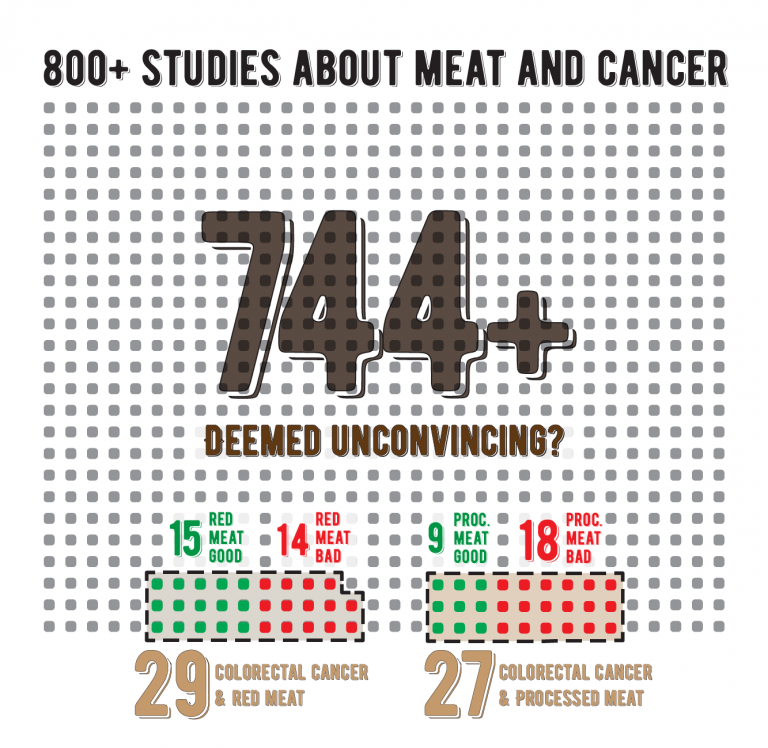Natural Sources of Nitrate
Cured meats aren’t the only source of sodium nitrates. In fact, less than 5 percent of your intake comes from cured meats, according to the American Meat Institute. The majority of the nitrates in your diet come from those naturally found in vegetables, which form sodium nitrate from nitrogen in the soil. Spinach, for example, has 741 milligrams of nitrates in a 3.5-ounce serving, while the same serving size of bacon has 5.5 milligrams. Other veggies high in the salt include mustard greens, coleslaw and broccoli. Mixed greens, tomatoes and vegetable soup are also a source of nitrates. Certain fruits, including bananas, applesauce and oranges, also contain small amounts.




